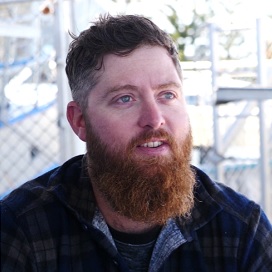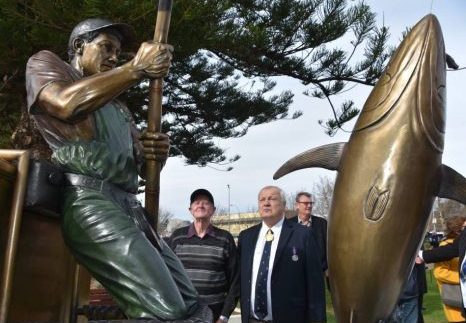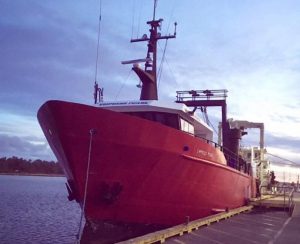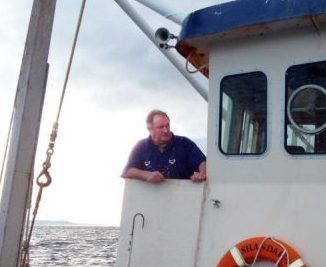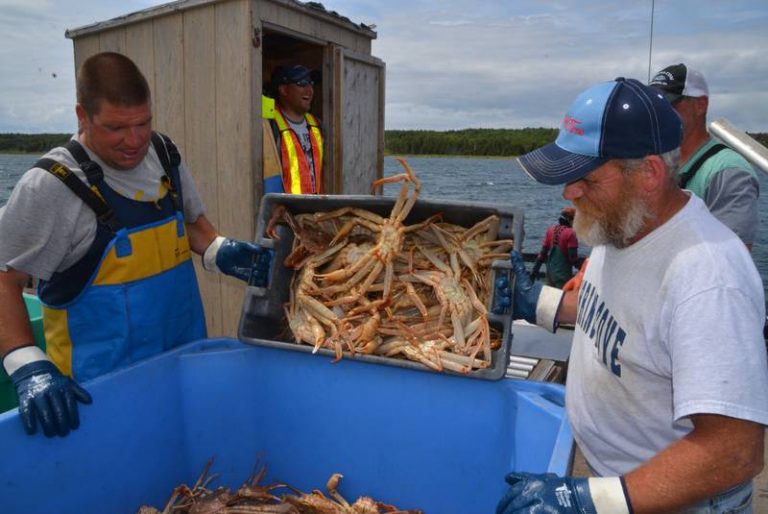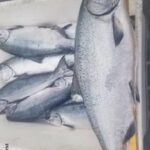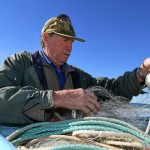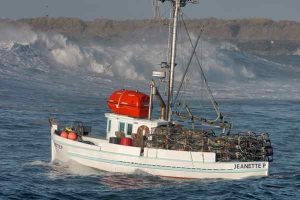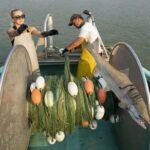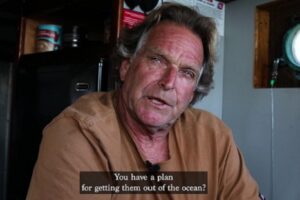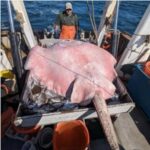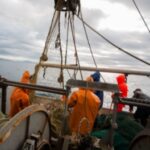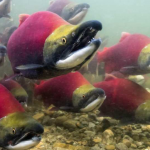Tag Archives: Australia

Cancel Culture: Michael Shellenberger Censored For Exposing Climate Industrial Complex
The media’s obsession with cataclysmic climate change is matched only by their fixation on unreliable wind and solar power as the only solution. But even among their own ilk, the “only more subsidies for wind turbines and solar panels will save us” narrative has worn thin, of late. Michael Moore’s Planet of the Humans lifted the lid on the cynical and manipulative crony capitalists profiteering from the climate industrial complex that they helped to create.,, Michael Shellenberger, once worshipped by America’s green-left, has found himself in the same territory. Shellenberger, obviously no fool, was alive to the tactics employed by the mainstream press to marginalise, de-platform and ultimately cancel anyone deemed to be ‘problematic’, whether for spouting inconvenient truths or simply failing to support the party line. >click to read< 09:36
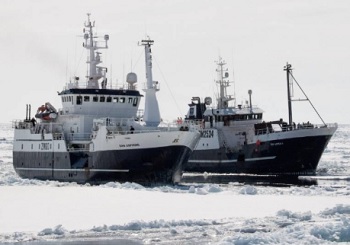
Coronavirus: 50-day mission to retrieve Kiwi fishermen underway
Sanford deep water fleet manager Darryn Shaw said the trip to the South Georgia Islands had been made necessary due to the impacts of Covid-19, which had made it difficult to get people out of the Falkland Islands, with just one flight a week going to the United Kingdom. “Normally we would bring our people back by air, via South America, but that is not possible at this time with borders closed into that region. We did look at bringing them home via the UK, but that was going to put them at risk of actually being exposed to Covid-19 as they would have to fly into the UK and move about between airports.” Many of the crew, who are fishing for toothfish, had already been at sea for 130 days – missing the entire Covid-19 lockdown – and were eager to get home to their families, Shaw said. >click to read< 12:02
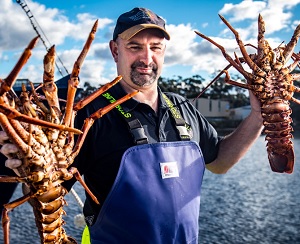
Coronavirus: Emergency ‘lobster flights’ to save $800 million worth of seafood
Hundreds of tonnes of lobster and abalone will be flown on emergency freight flights out of Australia in a $110 million push to stop a massive downturn across the seafood sector. The government will fund 200 40-tonne flights of Australian produce to China, Japan, Hong Kong, Singapore and the United Arab Emirates as stock goes to waste and staff are laid off. In Western Australia alone up to 98 per cent of its lobster produce usually heads to China. Fishers have pulled up their pots as they cannot get the product into centres such as Shanghai. >click to read< 08:33
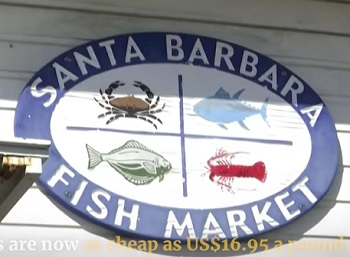
Coronavirus: Global lockdown to hit China’s supplies of steak, lobster, wines
Just over a month ago, supply chains in China were thrown into chaos as trucks and planes delivering goods to the world came to a standstill. Now, China’s economy is moving back towards capacity, while the supply shock from the coronavirus pandemic is beginning to affect many Western countries, as they look to contain the virus’ spread. But this second round of supply shock enveloping countries around the world may mean China’s growing middle classes find themselves strapped for premium overseas food such as meat and dairy products,,, Video, >click to read< 11:26
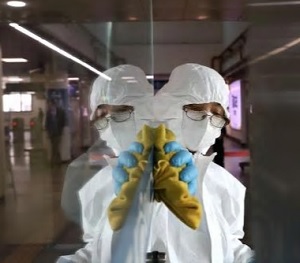
Coronavirus: The day our world changed
Coronavirus has changed everything. We just haven’t noticed it yet. But those changes will become more apparent by the day. Where COVID19 is taking us is uncertain. It appears contained in China. South Korea seems to be on top of its rate of spread. But Italy, the US and Europe may soon be overwhelmed by the contagion. But Flinders University change ecologist Professor Corey Bradshaw says that, ultimately, its impact will not be counted in human fatalities. Nor in the cost of treating the sick. It will be in our minds. It’s in our economic system. >click to read< 07:45
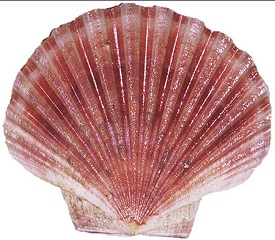
Australia: Senate inquiry on impacts of seismic testing starts in Hobart
An inquiry into the impact of seismic testing in Australian waters has heard there is little scientific research into the effects it has on marine life and commercial fisheries. A Senate committee conducting the inquiry held its first hearing on Hobart on Wednesday. The state’s fishing industry has claimed that 24,000 tonnes of scallops, with a retail value of more than $70 million, were killed in 2010 after seismic testing was conducted in the Bass Strait. John Hammond, from the Scallop Fishermen’s Association of Tasmania, said an area north-west of Flinders Island used to provide an enormous bounty of scallops for fishers, but had been barren since 2010. >click to read< 22:49
21 Oct 2016, Scallop deaths linked to seismic surveys being carried out on seabed, Tasmanian report finds – >click to read<
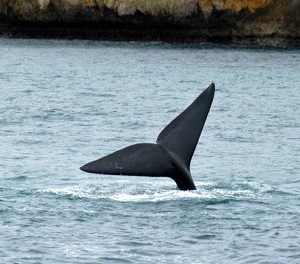
Commercial fishermen fear seismic blasting in the Otway Basin will impact business and marine life
It’s understood Schlumberger Australia Pty Ltd have commenced a 100-day operation in a bid to find potential recoverable hydrocarbon – natural gas, oil and coal – in a 93,000 square kilometre area of the basin including off the entire south-west coast. It comes after the coronavirus outbreak halted crayfish exports across the country. Port Campbell cray fisherman Wayne Hanegraaf has thanked his lucky stars that he decided to sit this season out. >click to read< 06:30
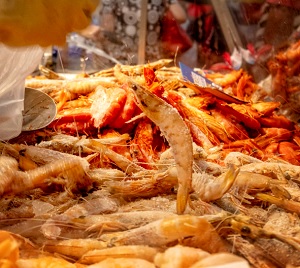
Treasurer of Australia Josh Frydenberg warns of ‘significant impact’ of coronavirus on economy
Treasurer Josh Frydenberg has warned of a “significant impact on the Australian economy” from the coronavirus as seafood businesses fear they will have to close their doors. But the deadly disease is already hitting exports hard, in particular the seafood industry. Some business owners say they have lost around 95 per cent of their business as China stops buying live seafood like fish, crab and lobster. 7 minute Video, >click to read< 07:46

NASA, NOAA’s Latest Climate Scare Based On Intentionally Flawed Data
Because science is the pursuit of knowledge, and political actions almost necessarily restrict personal freedom, science, laws, and regulations should use the best available data. Using bad data undermines both the pursuit of truth and the legitimate justification of laws and regulations. Everyone, from the far left to the far right on the political spectrum, should be able to agree about this. >click to read< 12:11
From July 30, 2019, ‘Hidden’ NOAA temperature data reveals 6 of the last 9 months were below normal in the USA, and NOAA can’t even get June right – >click to read<
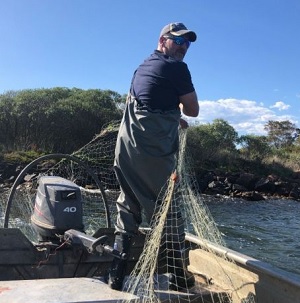
Tensions rise ahead of net fishing ban on the Gippsland Lakes
Last month, with a stroke of a legislative pen, Gary Leonard lost his livelihood. The Victorian Government enacted its election promise of banning commercial fishing of the Gippsland Lakes in eastern Victoria. Mr Leonard is one of 10 licensees who by law must pull up their nets by April 1, 2021.,, Fish scientist Ross Winstanley, is angry about the commercial fishing ban and accuses the State Government of double standards. “If you were concerned about fishing’s impact on the ability of a stock to recover, why would you shut down 10 operators who are taking 15 tonnes [per annum], while you know there is a recreational take of 200 tonnes?” he said. >click to read< 16:11
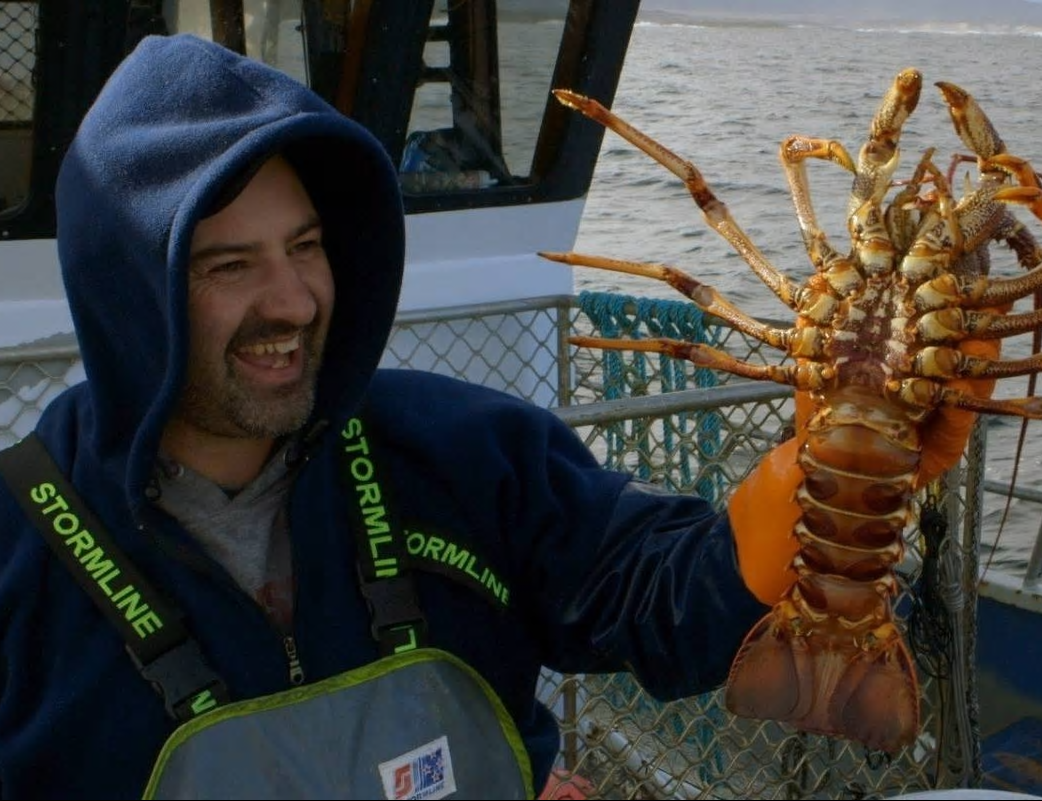
The superstitious secrets of Aussie Lobster Men
Luck be a lobster tonight. Sailors and fishermen are famously superstitious and Brendan ‘Squizzy’ Taylor, one of the stars of reality series Aussie Lobster Men, is no exception. “I won’t leave on a Friday, definitely no bananas, even banana lollies. I won’t even allow them on the boat, or banana milkshakes, anything to do with bananas, I won’t allow that on the boat.” Video, >click to read< 16:40
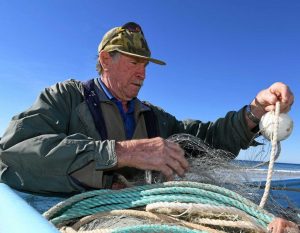
Catch Shares – Veteran commercial fishers fear the worst for industry
Third generation fisherman Kevin Cannon has been net fishing on the Coast for 55 years, but is “demoralised” that a quota system proposed for the region’s popular species. Mr Cannon said flathead, bream, whiting, taylor and barramundi – “bread and butter” fish – were all some of the species included which would de-value his licence by “up to 60 per cent”. Agricultural Industry Development and Fisheries Minister Mark Furner said many fisheries in Australia and around the world used the proposed system where individuals were allocated a share of the stock. (standard EDF line), “This provides security of access and allows them to plan their businesses,” >click to read< 08:51
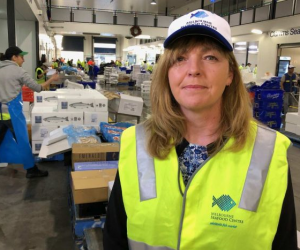
Australia: Fishing group warns of industry pain under Labor’s plan to reinstate marine parks
Ahead of the federal election, Seafood Industry Australia (SIA) has called upon a newly-elected Federal Government to give the fishing industry better security of access and fishing rights. SIA CEO Jane Lovell said a pledge from Labor to reinstate its original 2012 Marine Park Network in full was concerning and would push fishermen out of the industry. Under Labor’s plan Australia would have had the world’s largest network of marine parks which covered offshore waters surrounding every state and territory. “The very fact that this is back on the agenda again removes confidence, increases uncertainty, and this is one of the things that has been found by to be the key driver of the mental health problems in our industry is this constant lack of certainty about the environment they work in,” Ms Lovell said. >click to read<12:03
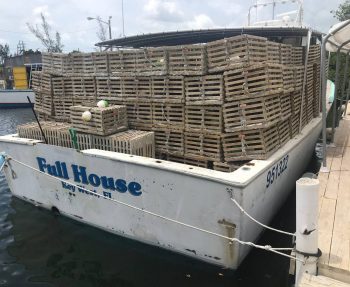
China bought lots of Florida lobster despite tariffs. Keys fishermen paid the price
Chinese importers bought Florida spiny lobsters in what could be near-record numbers this season, despite a 25 percent tariff their government placed on U.S. seafood last July, according to the leading Florida Keys commercial fishermen’s trade group. That’s great news considering the fear commercial anglers had about the potential impact of growing U.S.-China trade hostilities on one of South Florida’s largest industries. “Going into the season, the big questions were: Will the Chinese buy? How much and at what price,” >click to read<20:25
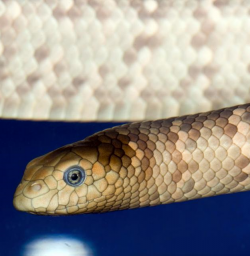
Man die’s from sea snake bite in Australia after being attacked while working on fishing trawler
A 23-year-old British man has died after being bitten by a sea snake in Australia while working on a fishing trawler. NT News, describing the man as a “backpacker”, reports that CareFlight assisted, as well as other ships in the area, to provide medical supplies for emergency treatment. But the man was declared dead after the trawler arrived at the town of Borroloola. The British High Commission has been informed of his death. It may be the first recorded death from a sea snake in Australia, say experts. >click to read<12:48
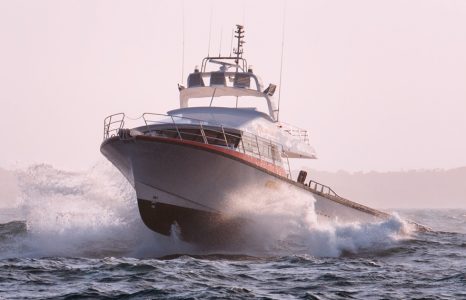
Australia’s Largest High-speed Lobster Boat Delivered
Dongara Marine has delivered Australia’s largest capacity high-speed lobster boat, the 85-foot Holdfast. With capacity for 210 baskets or 6.2 metric tons of live lobster, Holdfast is the fourth 20+ meter lobster boat in as many years to be designed by Southerly Designs, joining Ohana (2015), Daydawn (2016), and Gambler (2017). Although not the lead builder for the Daydawn and Gambler projects, Dongara Marine played a key role as the manufacturer of their resin-infused composite wheelhouses. >click to read<
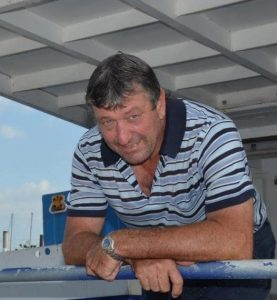
Get your fresh, wild caught seafood while you can
Get your fresh, wild caught seafood while you can. That’s the message from third generation Bowen-based commercial fisherman Terry Must. Mr Must has been fishing commercially for 35 years. He said in that time his access to fishing waters off Bowen has been cut by 50 per cent. “We’ve lost half of the area we used to be able to fish,” he said. He said governments and green groups had been nibbling away at the commercial fishing sector for the past 20 years. He warns it could reach the stage where the consumption of wild caught seafood in Australia becomes a thing of the past. >click to read<11:19

Australian Government winds back marine protections to support fishing industry
The Turnbull government will strip back highest-level protections in a host of sensitive marine areas, including critical waters near the Great Barrier Reef, saying it is protecting the environment while supporting fishing and tourism. But Labor has branded the changes “the largest removal of areas from conservation in history” and will seek to disallow the proposed regulation in Parliament.,,, Overall, 80 per cent of Australia’s marine park waters would be opened to commercial fishing, up from 63 percent. >click to read< 11:01
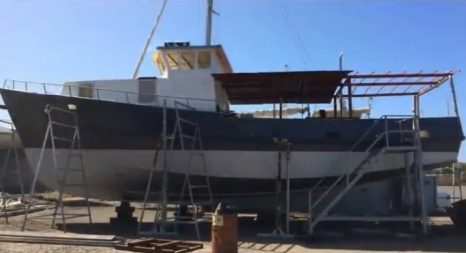
Imaginative Aussie Couple Documents Fish Boat Conversion on Video
Brupeg started life in 1974 as an Australian prawn fishing trawler. In 2013 she sunk in the Burnett River from flood waters left over from a cyclone. Damien and Jess Ashdown tell the story of the boat’s conversion, which includes using “vege” fuel. Then we’ll reprise some of their videos”. We brought Brupeg in 2014 after she had sunk in a flood. It was love at first sight. She was a stripped out steel hull about to be cut up for recycling. We had a pretty specific set of requirements and it took us four years to find the right boat. The places we want to go are often hostile and demanding and need a strong hull click here to read, and watch the video’s 19:40
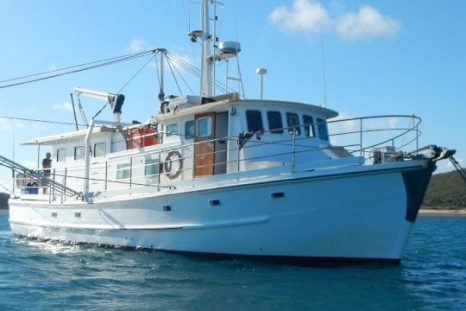
Tracking system trials commence on entire commercial fishing fleet in Australia
Fisheries Queensland Executive Director Claire Andersen said units were being trialled on crab, net and line vessels in the Gulf of Carpentaria, South East Queensland and the Great Barrier Reef, both offshore and inshore. “The trials will cover all conditions and vessel types, from 15 metre boats to small tinnies without power,” Ms Andersen said. “Tracking the entire Queensland fishing fleet will allow us to improve compliance, validate logbooks and provide a valuable tool for fishery management. Ms Andersen said we were committed to working with industry to ensure that the rules are practical and achievable for smaller inshore boats. (yes. of course!) click here to read the story 17:56
Australia Seeks to Extend Commercial Fishing in Protected Waters
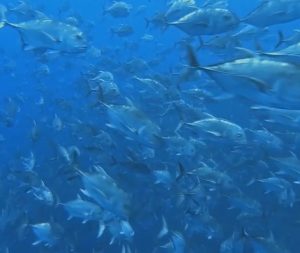 Australia plans to allow fishing across 80 percent of its protected maritime sanctuaries, the government said on Friday in a proposal that would vastly extend commercial activity in the world’s largest marine-reserves network. If the plan, backed by the government of Prime Minister Malcolm Turnbull, is approved by Parliament, it would be the first time a nation has scaled back its regulations in protected maritime areas. The move could potentially set a precedent for other countries, including the United States, which are considering similar reversals. (enviro’s are opposed) “This is a huge step backwards for marine protection,” said Richard Leck, head of oceans for WWF-Australia, an affiliate of the World Wildlife Fund. click here to read the story 09:00
Australia plans to allow fishing across 80 percent of its protected maritime sanctuaries, the government said on Friday in a proposal that would vastly extend commercial activity in the world’s largest marine-reserves network. If the plan, backed by the government of Prime Minister Malcolm Turnbull, is approved by Parliament, it would be the first time a nation has scaled back its regulations in protected maritime areas. The move could potentially set a precedent for other countries, including the United States, which are considering similar reversals. (enviro’s are opposed) “This is a huge step backwards for marine protection,” said Richard Leck, head of oceans for WWF-Australia, an affiliate of the World Wildlife Fund. click here to read the story 09:00
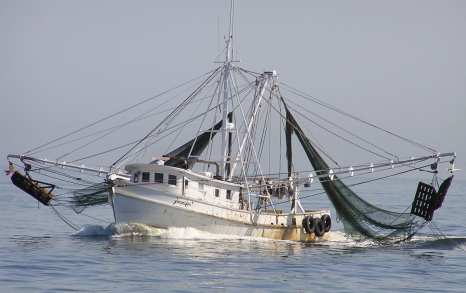
Louisiana Shrimp Fishermen Face New Challenges – White Spot Disease
The experience is not universal within the nation’s eight shrimp-producing states, nor even within Louisiana. That’s why some shrimpers suspect that undiagnosed trouble may lurk within the local fishery itself. At the tail end of this year’s crawfish season, white spot disease was detected in Louisiana ponds. It’s not too far a jump, some in the industry, to suspect contamination with the virus as a cause for decline. “Is it the same strain that is in the Asian shrimp that gets imported here?” said Acy Cooper, president of the Louisiana Shrimp Association.,,, Jeffrey Marx, the chief shrimp biologist at the Louisiana Department of Wildlife and Fisheries, is skeptical.,,, Fishermen want more research to be done, and some precautions to be taken, however. click here to read the story for links about White Spot here and Australia click here 08:34
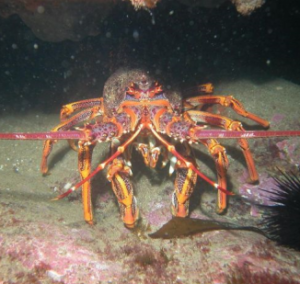
Rock lobster ‘resilience’ to climate change promising, but future not assured
The southern rock lobster is showing resistance to the effects of climate change, Tasmanian researchers have found, but warn that does not mean the species is immune to future environmental perils. The study, which reported on findings taken over a 25-year period, investigated the environmental aspects that influence the species’ settlement across a range of Australian locations, and found the fishery as a whole is showing broad resilience to changing ocean currents, water temperatures, swell and wind patterns. The research compared monthly records of the number of juvenile lobsters surviving in the open ocean and returning to shore. Institute for Marine and Antarctic Studies’ (IMAS) Professor Caleb Gardner said there were a number of factors found to affect the juvenile lobster populations, but those that were significant in one area were often completely different to those in another. click here to read the story 10:19
Western rock lobster price falls due to a drop in China demand, cheaper American exports
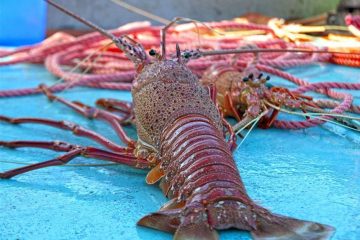 The value of premium species of lobster sourced from Western Australia has plummeted, causing the lucrative industry to grind to a near halt. The western rock lobster ‘beach price’, which is the price professional fishers receive direct from processors, has slumped to about $50 a kilogram. Compared to six months ago, the price has shed about 30 per cent of its value. Mark Rutter is the general manager of marketing and business development at the Geraldton Fishermen’s Co-operative, which is the largest processor and exporter of rock lobsters in Australia. “It’s very hard to pinpoint exactly what’s driving the prices but certainly we are experiencing very low prices … in a recent historical sense,” he said. continue reading the story here 11:36
The value of premium species of lobster sourced from Western Australia has plummeted, causing the lucrative industry to grind to a near halt. The western rock lobster ‘beach price’, which is the price professional fishers receive direct from processors, has slumped to about $50 a kilogram. Compared to six months ago, the price has shed about 30 per cent of its value. Mark Rutter is the general manager of marketing and business development at the Geraldton Fishermen’s Co-operative, which is the largest processor and exporter of rock lobsters in Australia. “It’s very hard to pinpoint exactly what’s driving the prices but certainly we are experiencing very low prices … in a recent historical sense,” he said. continue reading the story here 11:36
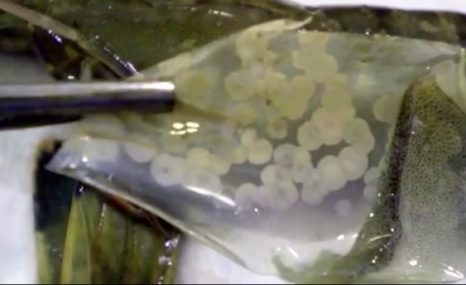
Australia: Fears grow as white spot detected in crab in Logan River
The devastating white spot disease threatening the Logan River prawn farming industry has now been detected in a crab. If retesting confirms the virus, it would be the first time the disease has transferred between species in Australia. Biosecurity Queensland tested the crab, which was found in a drainage channel near one of the infected prawn farms, this week and confirmed it initially tested positive for the virus that causes white spot. White spot, which can cause 100 per cent mortality within 10 days in farmed prawns, was first detected at a farm in Alberton, south of Brisbane, on November 22. The disease has spread to four other farms, forcing each farm to completely de-stock, a move estimated to cost the industry $25 million. Until the outbreak, Australia was considered free of white spot, which has spread throughout Asia and the Americas but does not pose a risk to humans. The detection in the crab was the first time the disease has appeared outside of a farm since six wild prawns were discovered with “low levels” of the disease on December 8. Read the story here 12:13






